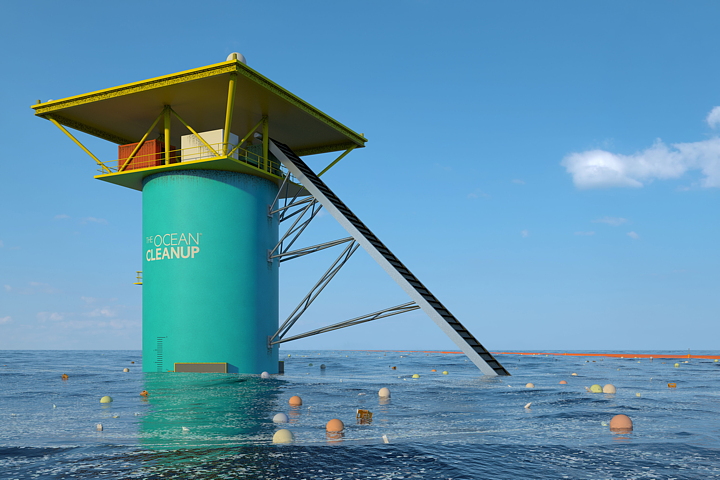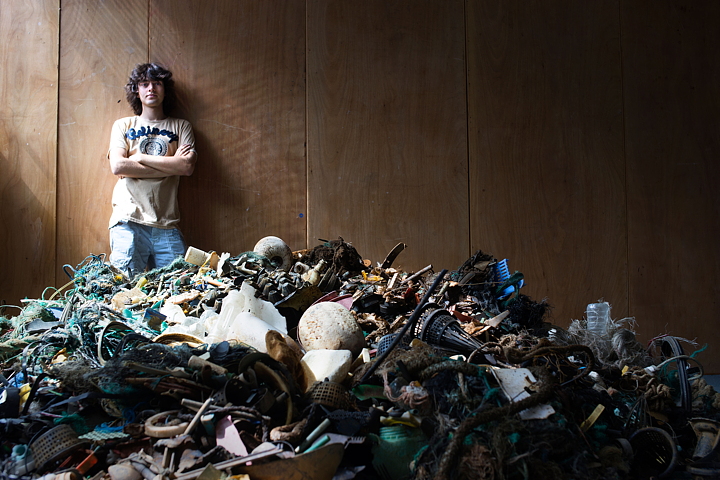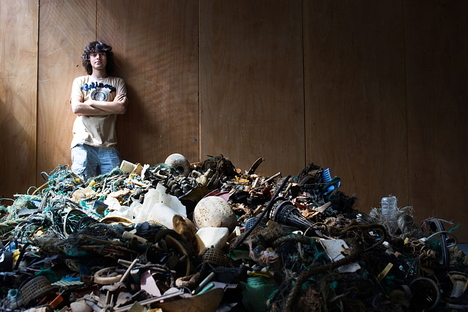25-11-2015
The Ocean Cleanup. Saving the world's oceans from plastic.
- Blog
- News
- The Ocean Cleanup. Saving the world's oceans from plastic.

In Summer, everyone heads to the beaches, soaking up the sun and taking a dip in the water and ... almost every single time you end up finding plastic floating amongst the waves. Something that on the surface seems to be resolvable - we can pick up the bottle or bag and throw it in the bin - has a deadly impact on the many inhabitants of the seas and oceans, and indirectly for we human beings at the top of the food chain.

An issue close to the heart of young Dutchman, Boyan Slat, who in 2013 founded the start-up The Ocean Cleanup. His purpose is to find a way of ridding the oceans of the more than 8 million tonnes of plastic thrown into them every year, to join the over 5.2 trillion pieces already there. A huge quantity of rubbish that could be recycled instead of causing the death of more than a million seabirds and hundreds of thousands of marine mammals every year.
Scientific studies have been indicating for some time now that plastic is concentrated in five rotating ocean currents, called “gyres”, and deployment for the great “Ocean Cleanup” will begin in 2020 thanks to one of the most effective crowdfunding campaigns on Kickstarter in recent years. Not only that but in August this year, the first orientation expedition successfully reached the “Great Pacific Garbage Patch” in the western Pacific. A fleet of 30 vessels collected a great deal of data using GPS and Smartphones to get a real idea of how much clean-up work is required. Samples are still being tested, but researchers found more large plastic items than they expected. A time bomb says Boyan Slat, because these pieces are broken down by UV light, creating the far more dangerous “microplastics” that are much harder to remove from the sea.
The Ocean Cleanup is refining technologies to create “cleaning” barriers used to collect the plastic rubbish and the first one will be rolled out in 2016. While that's going on, there's something very simple that we can also do to help: throw our plastic rubbish into separate containers and maybe try to cut back on disposable plastic bottles, plates and bags!
Christiane Bürklein
Find out more:
The Ocean Cleanup
Images courtesy of TheOceanCleanup.com
http://www.theoceancleanup.com/
Video: https://youtu.be/6IjaZ2g-21E














